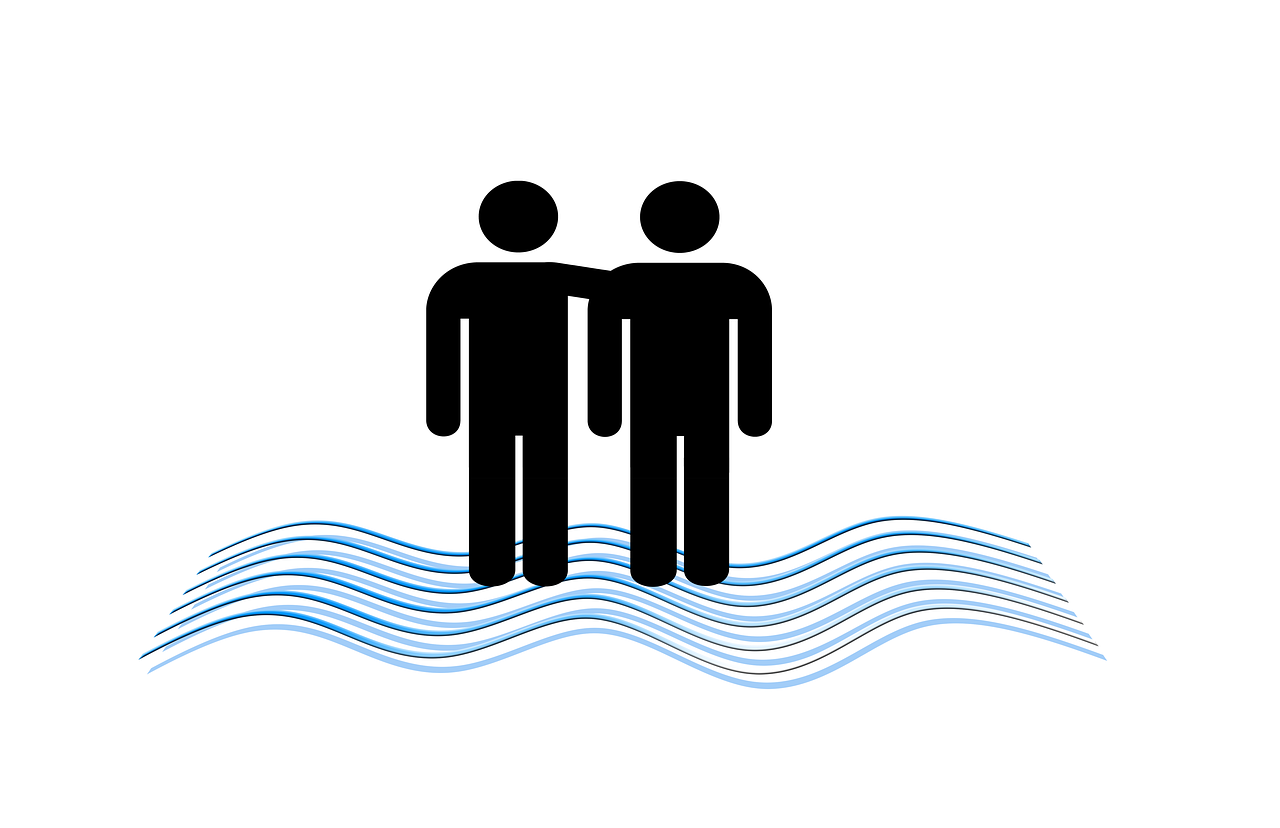
Fairness requires empathy.
Equity is equality of mind . The concept, which comes from the Latin aequĭtas , is used to mention notions of justice and social equality with appreciation of individuality. Equity represents a balance between natural justice and positive law.
The tendency to judge impartially and using reason is also known as equity. This disposition of mind aims to give each subject what they deserve.
In the same way, the term equity is also used to refer to moderation both in the conditions of contracts of various types and in the price of all goods on the market.
Importance of equity
Equity must be achieved in various areas of life . In the economic or financial aspect, equity is known as the fair distribution of wealth among the members of a society , moderation in prices and justice in the terms of a contract.
For example: if a company is in a monopolistic situation, it will have the ability to set the prices of its products or services as it wishes. The government, for its part, must establish the necessary conditions so that commercial activity is carried out fairly.
It is also important to emphasize that in the field of religion it is also common to use the concept at hand. Specifically, within the canon law of the Catholic Church, the principle of equity is established to refer to the application of a law with the objective that a person can save their soul eternally.

If two people in a job perform the same tasks with identical responsibilities, they must earn the same salary so that there is equity.
Equal opportunities
Many times the idea of equity is associated with equal opportunities . This implies that people have identical possibilities for progress and have the same rights.
Without social equity, inclusion is not possible. If there are children who have all their basic needs covered in terms of food, health care, access to education, etc., and others who live in extreme poverty, it is evident that the latter do not have the same chances. of development than the first.
Talent, effort or merit do not matter: poor children start from a very unfavorable situation . In this framework, it is essential that the State intervenes with assistance or help of different kinds to alleviate this injustice and promote equity.
At this point it is interesting to point out the differences between equality and equity . Equality means giving the same to all people; Equity, on the other hand, takes into account different circumstances and different starting points for the allocation of resources and opportunities.
Suppose that the State grants a subsidy of $1,000 to each household to reduce the electricity service rate. This is a measure that aims at equality (everyone receives the same). Since this subsidy is received by both upper-class and poorer citizens, there is no equity: the rich do not need that subsidy to pay for electricity, while lower-class people do require that help (and probably even need an amount superior).

When equity exists, there is no discrimination based on nationality, sexual orientation, ethnicity, etc.
Gender equality
Gender equality , on the other hand, defends the equality of men and women in the use and control of the goods and services of a society. This means that women must receive the same remuneration as men for the same work. It also implies that both sexes must have decision-making power.
If a man and a woman work in executive positions within a company, with identical responsibility and working hours, both will have to earn the same salary for gender equality to exist.
Organizations that have the term in their name
We would also have to highlight the existence of the feminist organization Gender Equity , which advocates for family, citizenship and work. In the 90s, this entity was launched, whose mission is to achieve equality between men and women in all areas of society.
We cannot forget either the existence of the Compañía Social Equidad Foundation , a non-profit organization whose fundamental objectives are not only to protect our natural environment but also to undertake all types of projects and initiatives to ensure that everyone can have access to technology, and specifically, to the Internet.
Examples of equity
Suppose that, in a school, each student has access to a computer (computer) to learn computer science . In this group of students there is a blind child. Since the equipment is not adapted for people with visual disabilities, the child cannot take the classes . In this case, there is equality in the allocation of resources but there is no equity. This equity is achieved when the computer is prepared for use by blind people, allowing the student to receive the same training as their peers .
Let's think about a man and a woman who work as managers in a multinational company. Both work eight hours a day, with the same responsibilities and obligations. They also have similar training and experience. However, men earn 25% more than women for performing the same tasks . For there to be equity, both should earn the same income.
